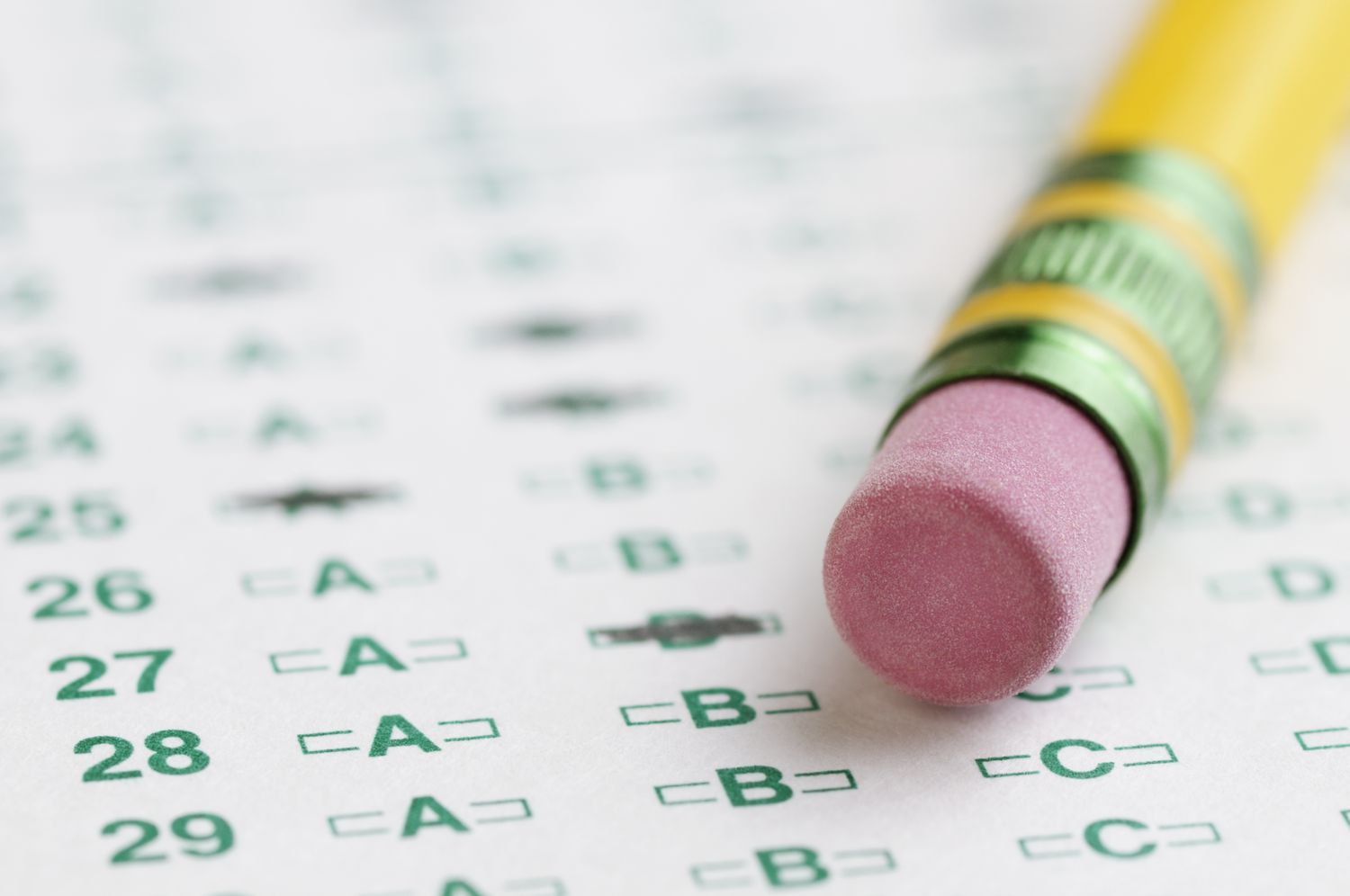So, the A Levels are approaching, and regardless of the subjects you’re studying for the examinations, it’s a stressful time. If you’re taking A-Level Chemistry this year in November (and the practical exam in late October), you’re likely anxious about how to earn high marks. Therefore, here are some study strategies for chemistry A-levels.
1. Perform as well as possible on the two exams preceding the Chemistry A-Levels.
Doing well on both examinations will give you a confidence boost, serve as a “check” that you understand the Mid-Year exam’s material, and indicate what you need to work on and what you don’t. However, if you don’t do well on those two exams, trying your hardest is worthwhile, as full-length examinations will help you prepare for the actual Chemistry A-Level exam. In addition, your Mid-Year and Prelim papers can be retaken as practice exams before the actual exam as a more difficult variant of what you will likely encounter on test day.
2. Obtain assistance if you need it.
If you did poorly on the Midyear Chemistry Exam, it may be time to seek assistance from your instructors. Some instructors are willing to be more discrete and provide after-school consultation hours if you feel uncomfortable approaching them. Even better, they are frequently one-to-one, or at the very least, a significantly smaller group than your class. Consequently, you receive personalised recommendations and attention from your Chemistry instructor, frequently resulting in higher overall Chemistry grades.
3. Obtain tuition, even if only temporarily.
If your teacher inexplicably vanishes immediately after class or is otherwise engaged in unhelpful activities, it may be time to consult a tutoring centre or private tutor. If you are not presently enrolled in an A-Level chem tuition, enrolling in a crash course may be beneficial.
4. Create simple notes on a cue card.
Have a formula that, no matter how hard you attempt to memorise it, you cannot remember? Maybe it’s too lengthy. Perhaps it is too complex. In any case, it will look fantastic on a cue card. Cue cards are comparable to flashcards in that they are small, glanceable cards. Unfortunately, some people write a lot of information on them, which I do not recommend because it could contribute to information overflow.
Instead, you should complete cue cards with brief “hints” to help you recall information more effectively than if you simply memorised it from the textbook. Example: To define a keyword, simply list its salient features.
5. Form a homework group.
Regardless of your actual chemistry study progress, you WILL encounter problems you cannot resolve alone. The study group fills this need. It is significantly more beneficial to confront frustration with companions than alone. If they are superior to you in Chemistry, they may even be able to assist you by providing valuable insight into the issue.
In addition, if you do your assignments alone, you are more likely to become discouraged and quit, creating a vicious cycle of not studying. Therefore, get out there and begin researching!

